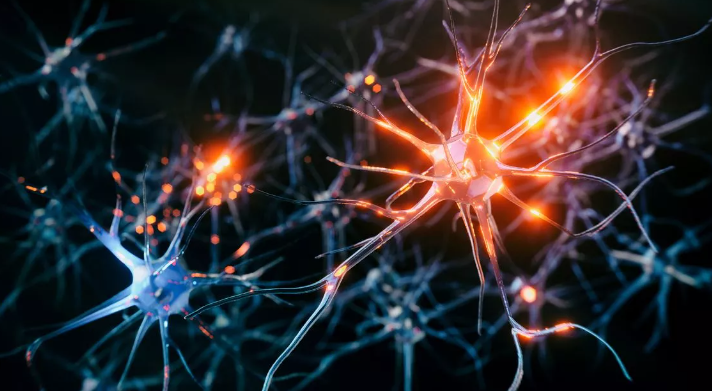Early Onset Dementia (EOD) is a condition that can have a profound impact on individuals and their families. Unlike the more common forms of dementia that typically affect older adults, EOD strikes individuals before the age of 65, adding an additional layer of complexity to the challenges faced by those living with the condition. In this article, we will delve into the definition, symptoms, causes, and available support for early onset dementia.

Defining Early Onset Dementia
Dementia is a broad term encompassing a range of cognitive disorders characterized by a decline in memory, reasoning, and other cognitive functions that interfere with daily life. Early Onset Dementia specifically refers to cases where symptoms manifest before the age of 65, often between the ages of 40 and 64. Though less common than dementia in older adults, EOD presents unique challenges due to its impact on individuals who are still actively engaged in their careers, raising families, and managing various responsibilities.
Symptoms of Early Onset Dementia
The symptoms of EOD mirror those of other forms of dementia and include memory loss, difficulty concentrating, challenges with problem-solving, and changes in mood and behavior. However, due to the younger age of onset, the impact on work, relationships, and overall quality of life can be more pronounced. Individuals may experience difficulties in managing their professional responsibilities, leading to job loss or career disruption. Additionally, the strain on family dynamics can be heightened as spouses, children, and extended family members grapple with the sudden changes in their loved ones.
Causes of Early Onset Dementia
The causes of Early Onset Dementia are diverse and can include genetic, environmental, and lifestyle factors. In some cases, there may be a familial link, with a history of dementia in close relatives. Certain genetic mutations have been identified as contributing to the development of EOD. However, not all cases have a clear genetic component, and ongoing research is focused on understanding the interplay of various factors that may contribute to the condition.
Other potential causes of EOD include traumatic brain injury, infections, and neurodegenerative disorders. Lifestyle factors such as smoking, excessive alcohol consumption, and poor cardiovascular health have also been linked to an increased risk of developing dementia.
Seeking Support for Early Onset Dementia
Receiving a diagnosis of Early Onset Dementia can be emotionally overwhelming for both the affected individual and their loved ones. However, there are support systems in place to help navigate the challenges associated with the condition. Medical professionals, including neurologists and geriatricians, can provide a comprehensive assessment and develop a tailored care plan.
Support groups, both online and in-person, offer a platform for individuals with EOD and their families to share experiences, seek advice, and find solace in a community that understands their unique struggles. Mental health professionals can also play a crucial role in helping individuals cope with the emotional impact of the diagnosis and develop strategies for maintaining a sense of purpose and connection.
Conclusion
Early Onset Dementia presents a complex set of challenges that extend beyond the cognitive decline experienced by individuals. The impact on careers, relationships, and overall quality of life underscores the need for increased awareness and support for those affected by EOD. As research continues to unravel the intricacies of this condition, fostering a compassionate and understanding society is crucial to ensuring that individuals with EOD and their families can navigate the journey with dignity and resilience.
